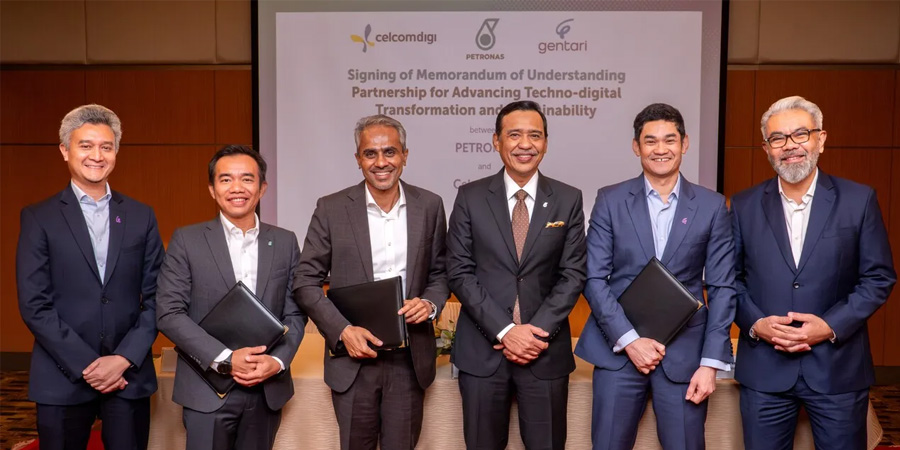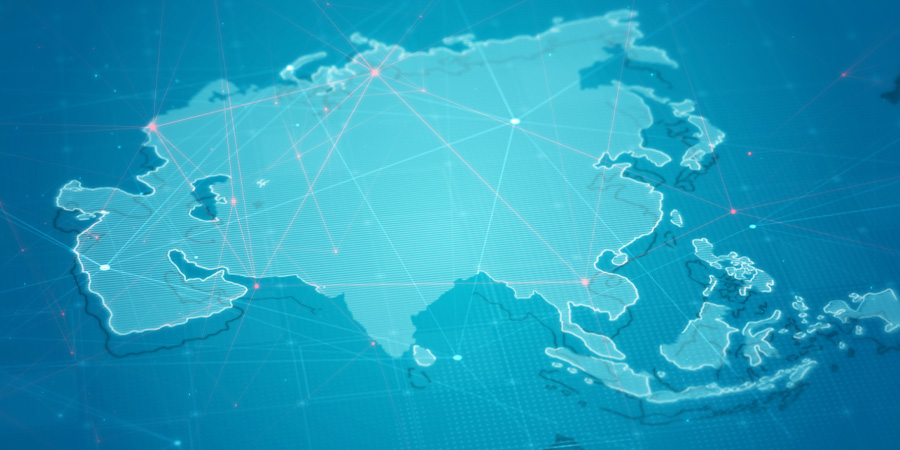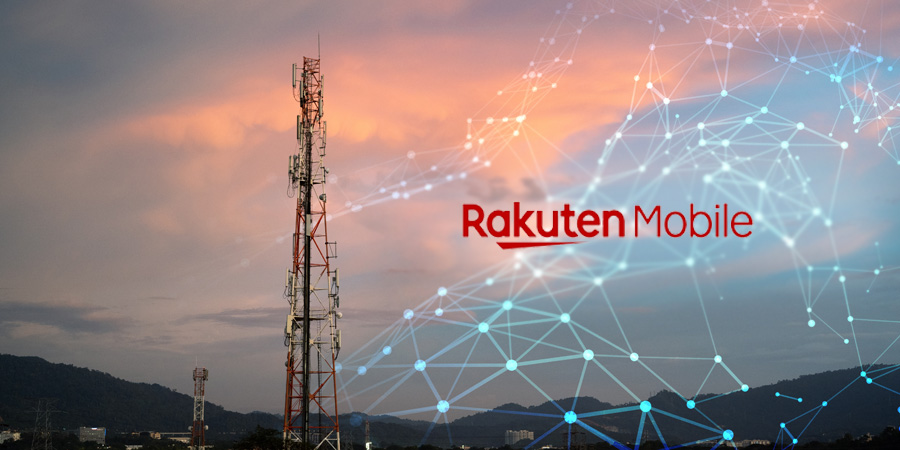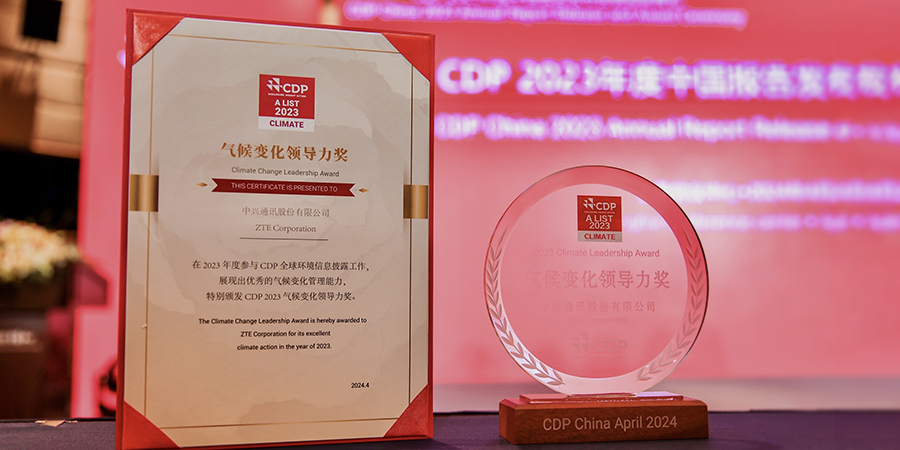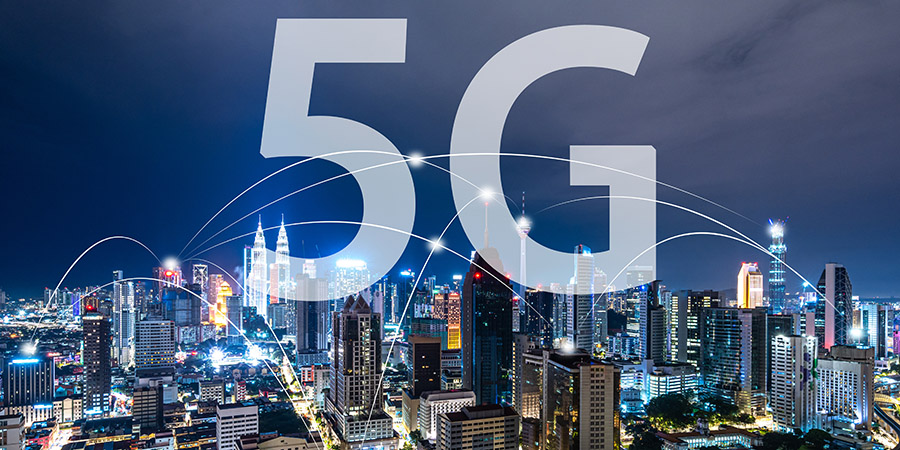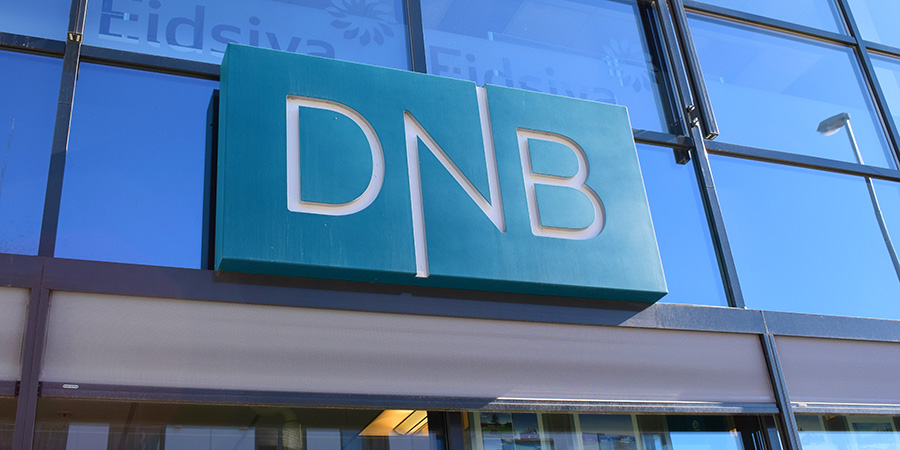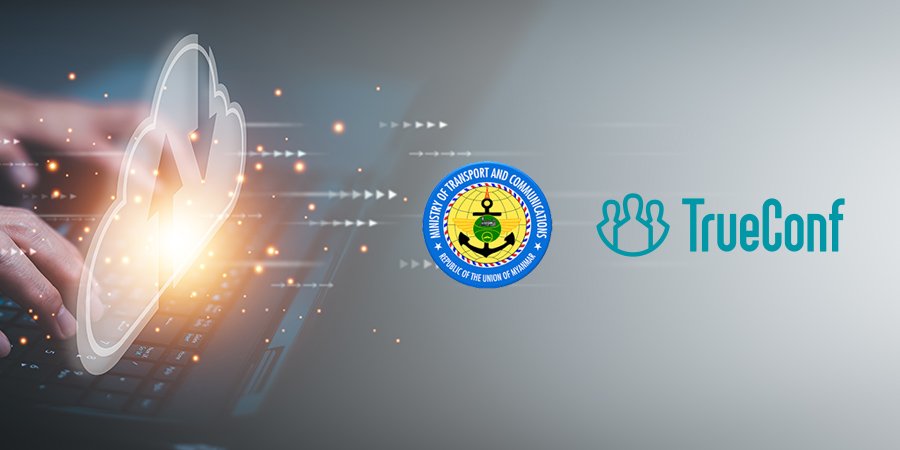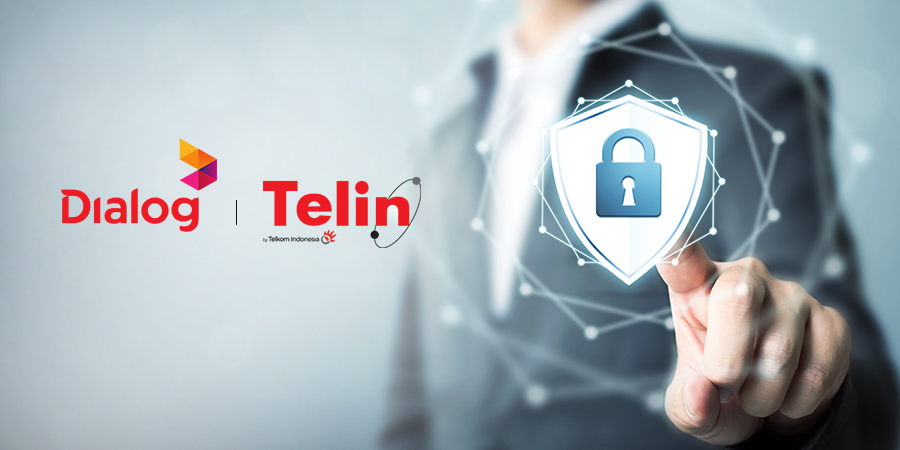Asia/Pacific CEOs expect productivity in their organizations to increase by 24 percent by the end of 2018, with revenue (cited by 26 percent of respondents) and profitability (15 percent) as the top two metrics of success, according to Gartner, Inc.'s 2017 CEO survey. However, the survey uncovers a gap between what they want to achieve and where technology investments are being made.
To achieve such aggressive productivity gains, Asia/Pacific CEOs believe that conventional technologies (cloud, ERP, analytics and CRM) will help them, rather than technologies that support digital transformation (digital environments, blockchain, the Internet of Things [IoT], robotics, artificial intelligence [AI] and 3D printing). This is despite their awareness and understanding of the major impact that these key digital business technologies will have on their industry.
"Asia/Pacific CEOs want to increase profit margins while maintaining sales growth, and they expect IT to play a strong role in this," said Partha Iyengar, vice president and Gartner Fellow. "The problem is that Asia/Pacific firms aren't moving fast enough to capitalize on this potential. Their focus on conventional technologies will likely have less of a transformative effect than more innovative technologies."
IT Ranks Second Business Priority After Growth
CEOs expect IT to play a strong role in fueling this profitable growth. "IT-related" appears as the second business priority after growth, reflecting the importance CEOs give IT. This continues a trend that first appeared in our 2015 survey, when IT reached the top five business priorities of CEOs. This year's ranking of No. 2 is the highest ranking IT has achieved in the last three years.
According to Gartner, Asia/Pacific companies benefit from being located in the region with the fastest-growing economy, so they worry less about sales growth than companies in other regions. Instead, Asia/Pacific companies are more focused on increasing profit than revenue growth. Digital business offers a way for Asia/Pacific firms to lower their cost structure drastically and thereby increase margins, but these firms are not pursuing digital business as aggressively as they could.
Missing Opportunities to Advance Digital Business
According to the survey, Asia/Pacific enterprises are slightly behind global counterparts in terms of digital business maturity, with 20 percent of Asia/Pacific CEOs describing their enterprise as "digital to the core," compared with 22 percent globally. Asia/Pacific firms are also slightly behind global counterparts in the phase of digital business they are in.
"Digital" means different things to different people, and Asia/Pacific CEOs hold less transformative views of digital business than their global counterparts, according to the Gartner survey. It found that 45 percent of Asia/Pacific CEOs think of digital transformation as a way to optimize their current business versus 42 percent globally.
"CIOs need to take on an evangelizing role with the CEO and other business leaders about the transformative possibilities of digital business using real examples," said Mr. Iyengar. "Many business leaders still cannot describe digital business well, and need education."
In terms of investing to gain new digital business capabilities, the survey indicates that Asia/Pacific organizations are not as aggressive as their global counterparts. Eighteen percent of Asia/Pacific organizations have taken an equity stake in a technology or digital business entity, compared with 24 percent globally. Despite this, Asia/Pacific respondents say that equity stakes pay the biggest dividends.
"This disparity may be due to more Asia/Pacific CEOs identifying access to capital as a constraint on growth than global peers," said Mr. Iyengar. "There are also regulatory grey areas in parts of Asia that constrain companies from making technology investments or acquisitions outside of their industry."





